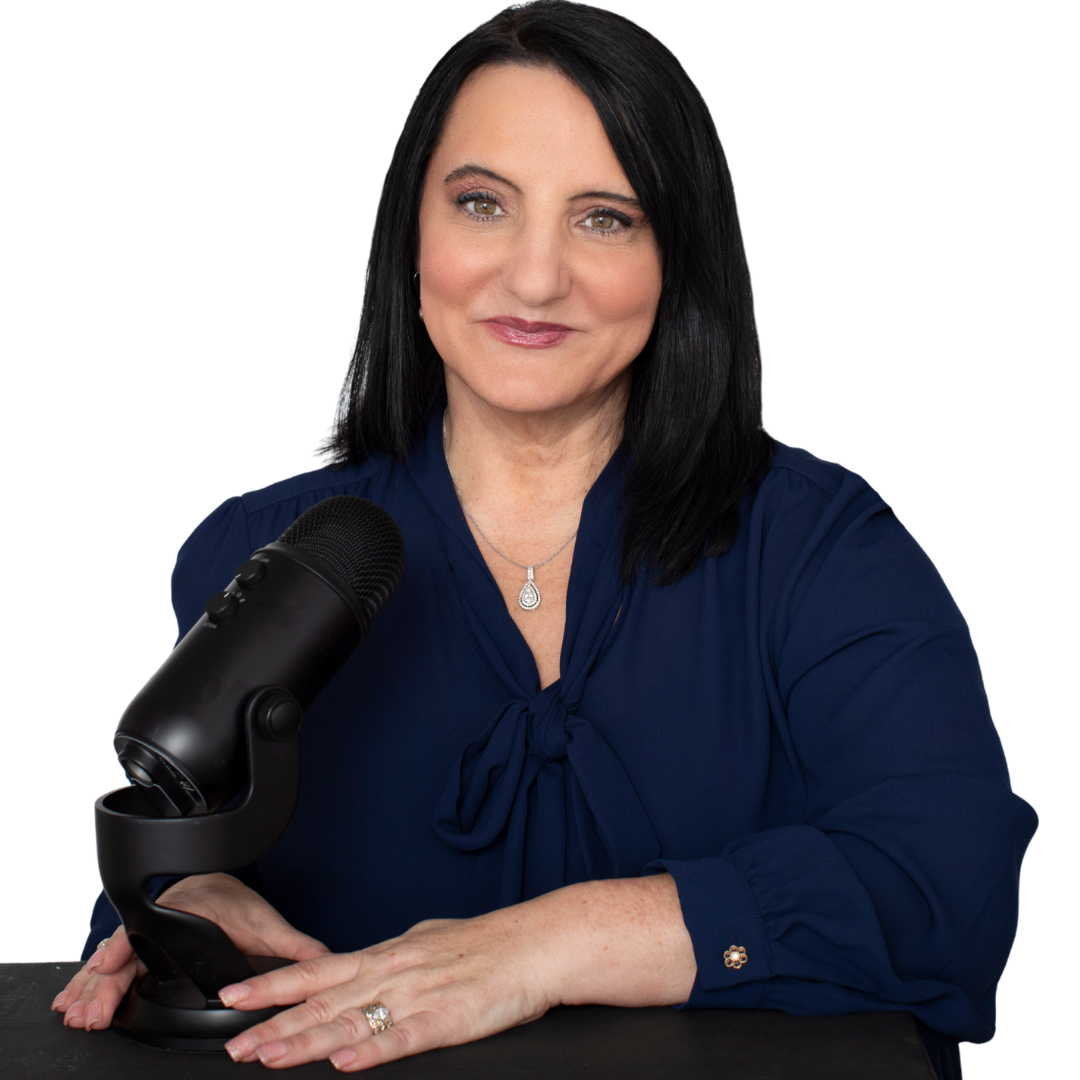[embed]https://player.captivate.fm/episode/0493895e-1321-446d-aedf-d118585732c1[/embed]For more than three decades, I’ve supported thousands of kids with ADHD by helping them regulate their brains and bodies using evidence-based, natural solutions. Parents often come to me feeling scared and skeptical—will anything really work without medication? In this episode, I’m sharing a real ADHD success story and walking you through exactly how neurofeedback and targeted nutrients—especially magnesium—helped a young child become calmer, more focused, and confident. This is what Regulation First Parenting™ looks like in action.
Neurofeedback works by improving brain communication. When I start with a QEEG brain map, I can see where the brain is over- or under-working.In true ADHD profiles, we often see:
Neurofeedback gently trains the brain to create more balanced patterns. It’s safe, natural, and research-backed, with decades of evidence. When the brain communicates better, kids can focus, regulate emotions, and learn with greater ease.
Nutrition is foundational to regulation. In this case, we focused on:
Then we layered in supplements, including magnesium, zinc, and vitamin D. Magnesium is involved in hundreds of chemical processes in the body and plays a critical role in calming the nervous system.When a child is deficient, impulsivity and agitation can skyrocket.
Yes—when it’s the right fit. In this case, the child’s impulsivity dramatically decreased after starting magnesium.What parents noticed:
This doesn’t mean magnesium is the answer for everyone—but it highlights why individualized, brain-based care matters so much.
With consistent neurofeedback sessions (2–3 times per week), this child experienced:
When we re-mapped the brain, beta activity had normalized—a huge shift. A regulated brain is calmer, clearer, and better able to learn.
Medication can flatten personality or increase irritability. Neurofeedback does the opposite—it enhances what’s already there. My goal is never to squash a neurodivergent child, but to help them blossom into the best version of themselves.That’s why I always use a multi-pronged approach:
When your child is dysregulated, it’s easy to feel helpless. The Regulation Rescue Kit gives you the scripts and strategies you need to stay grounded and in control. Become a Dysregulation Insider VIP at www.drroseann.com/newsletter and get your free kit today.🗣️ “When you regulate the brain, everything gets easier—focus, learning, and emotional control.” — Dr. Roseann
This success story shows what’s possible with neurofeedback and magnesium for adhd when we calm the brain first. If you want to understand the science behind neurofeedback even more deeply, listen to Neurofeedback for ADHD. There is hope—and there is a clear path forward.
Yes. Neurofeedback is non-invasive, drug-free, and supported by decades of research.
Many families notice improvements within the first 10–20 sessions, with continued gains over time.
Not always. Magnesium can be powerful when there’s a deficiency, but individualized guidance is key.Not sure where to start? Take the guesswork out of helping your child.Use our free Solution Matcher to get a personalized plan based on your child’s unique needs—whether it’s ADHD, anxiety, mood issues, or emotional dysregulation. In just a few minutes, you'll know exactly what support is right for your family. Start here: www.drroseann.com/help

